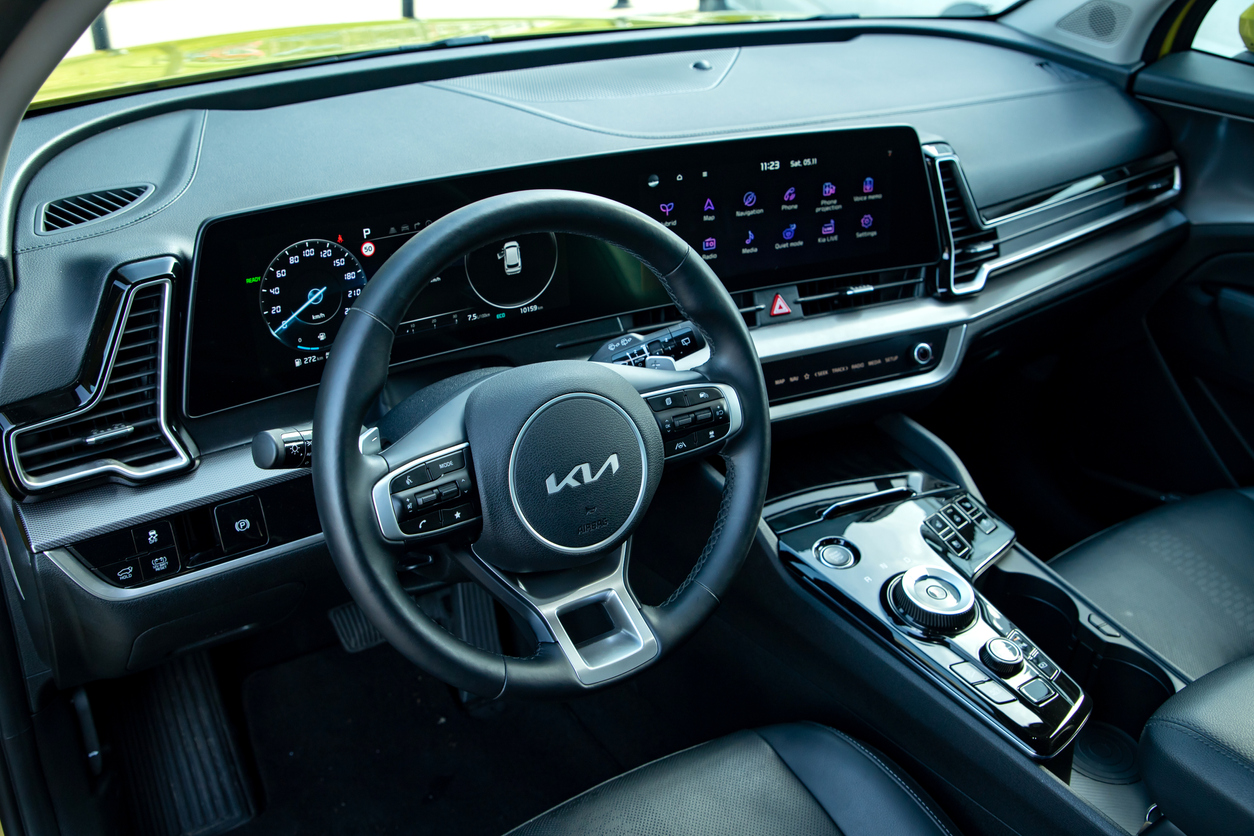
A vehicle's transmission is a vital mechanical component that serves as the crucial link between the engine and the wheels, playing a fundamental role in the operation of automobiles. Essentially, it serves as the intermediary responsible for transmitting power generated by the engine to the wheels, allowing the vehicle to move forward or backward at varying speeds. While the transmission's primary function might appear straightforward, its intricate design and operation involve an intricate dance of gears, clutches, and fluid systems, all orchestrated to ensure seamless gear changes and optimal power distribution. In essence, the transmission is the automotive equivalent of a conductor in an orchestra, harmonizing the flow of power to provide the driver with control over speed and direction. Understanding how a Kia transmission works and the importance of its proper maintenance is crucial for vehicle owners seeking to maximize their vehicle's performance and longevity.
• Kia Preventative Maintenance: Regular transmission servicing includes inspections and fluid changes. This helps detect issues such as fluid leaks, worn parts, or irregularities in shifting behavior before they lead to major problems. Addressing these issues early can save you from costly repairs down the road.
• Prolonged Lifespan: Transmissions are complex mechanical systems. Over time, the stresses of everyday driving can cause wear and tear. Routine maintenance, such as replacing worn parts and replenishing transmission fluid, helps extend the lifespan of your transmission, potentially avoiding the need for a complete replacement.
• Optimal Performance: The transmission plays a critical role in transferring power from the engine to the wheels. A well-maintained transmission ensures smooth and precise gear shifts, leading to a more enjoyable and responsive driving experience.
• Fuel Efficiency: When your transmission is working efficiently, it minimizes energy loss during power transfer. This translates to better fuel efficiency, as your Kia can make the most of the power generated by the engine.
• Safety: A malfunctioning transmission can pose safety risks. For instance, if your transmission slips or fails to engage properly, it can result in delayed acceleration, making it difficult to merge onto highways or navigate traffic safely. Proper maintenance ensures your transmission operates predictably and safely.
• Resale Value: Buyers are often concerned about the maintenance history of used vehicles. A Kia with a well-documented and regularly serviced transmission is more appealing to potential buyers and can command a higher resale price.
• Warranty Compliance: If your Kia is under warranty, the manufacturer typically requires you to adhere to a scheduled maintenance plan, which may include transmission servicing. Failing to do so can void your warranty, leaving you responsible for any repairs that may arise.
• Avoid Costly Repairs: Transmission repairs can be expensive, especially if a major component needs replacement. Regular servicing helps catch issues early, when they are often simpler and less costly to fix, preventing you from facing a significant financial burden.
• Maintain Warranty: Warranty coverage is often contingent on proper maintenance. If you neglect servicing and encounter a transmission issue while still under warranty, the manufacturer may refuse to cover the repair costs.
• Driving Comfort: A well-functioning transmission ensures a smoother, more comfortable ride. You won't experience jarring shifts, harsh engagement, or hesitation when accelerating, enhancing your overall driving satisfaction.